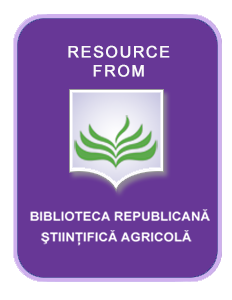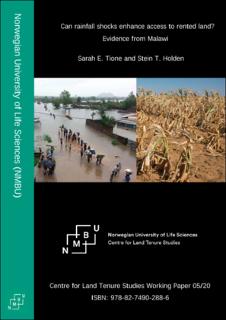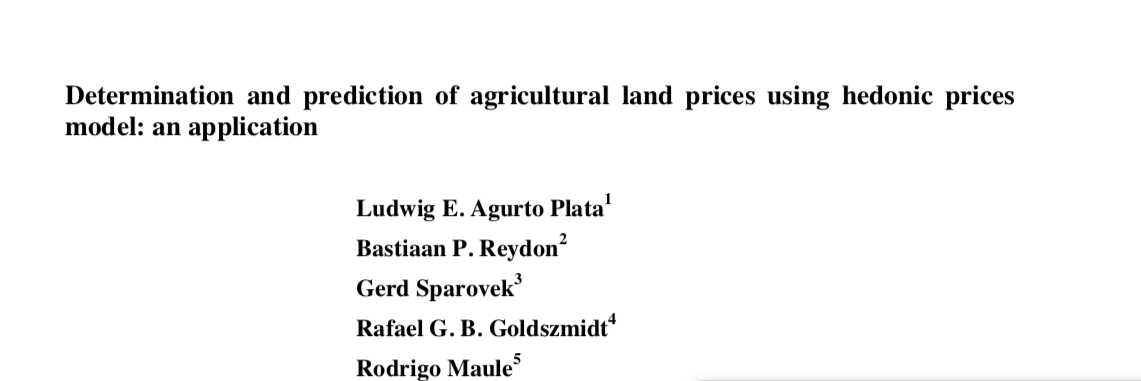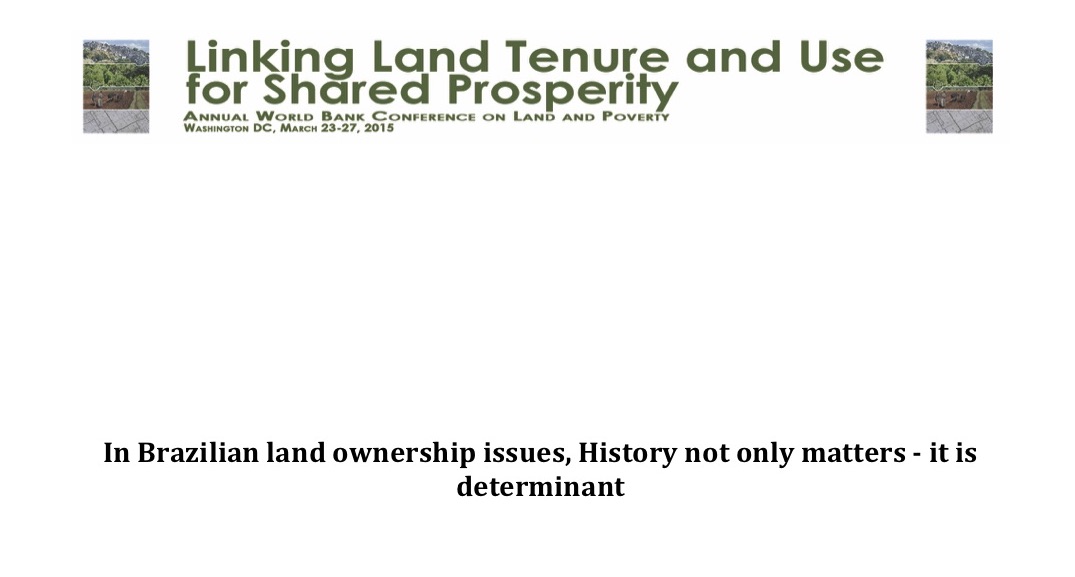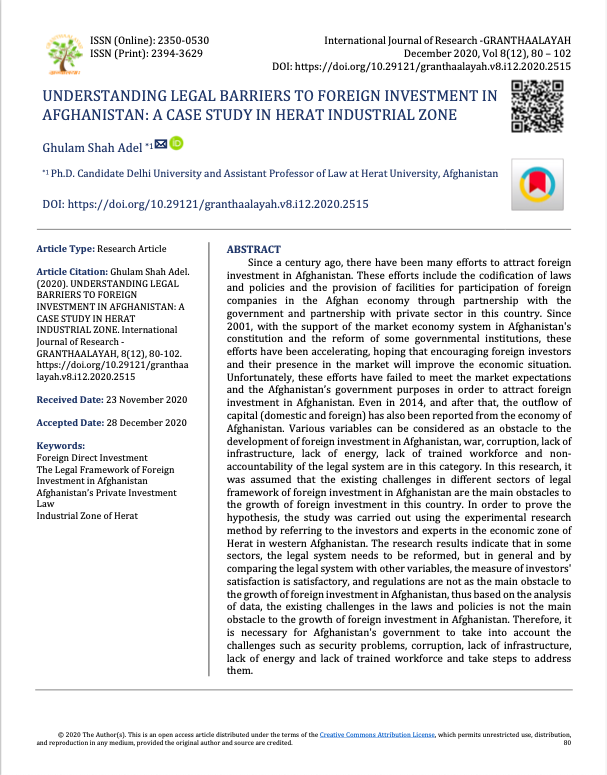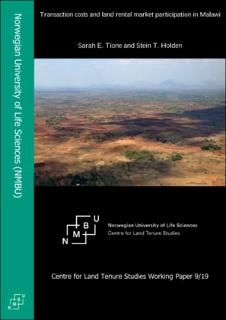Agricultural land market as a tool of sustainable development of rural areas in the Republic of Moldova
The paper has two main applications: it represents a model for pricing – which might be used by investment funds, or other organizations interested in agricultural land acquisitions; the interest is in buy/sell transactions - a financial mechanism could be created to facilitate these transactions. For example, the creation of a Land Bank or to attract land banking investment funds, which would have the goal to improve the transaction system, develop financial tools necessary for increasing efficiency, improving financial structure.


